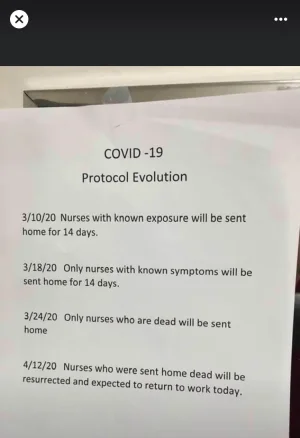Just passing to through a note here that Im surprised at
@slant position (and slightly disappointed perhaps?), but, well, Im not exactly and old and super active member anyway.
I can post a little bit more about it later, but I agree with
@Skarekrow and
@Aneirin here.
The thing is that people needs to open their minds and get out off capitalism mindset for a while and try to think it into an abstract and general terms of evaluating system. I like to think on that using a simple tribe analogy: How would this look into a centralized and uncentralized small tribe? Well, the former, in short terms, tell us that our foods generally lasts some months already (lots of them), and some special food can endure years. The most essential areas, such as energy, water, etc... Are likely kept at hands of few people due to automation. So, in a small tribe with technology like us, stopping should not be a issue, if stuff are properly organized: The essential people working, preferably with some temporary workers on that area, people with some stocks of supplies at home, and etc...
This is just a stop, afterall. If the system cant stop, than that is a incompetency of the system and, specially, of the market. It is really just a matter of just a stop while keeping the essential and waiting for research. "But there are bankrupts, unemployment, and etc..." these are all system flaws (or in uncentralized tribe line, directly people's fault, partially due to greedy and unsharing mindset). It gets complicated due to complications created by the system and, specially, by the market. And, of course, very few has been question that. I am going to go back to this thread later if I can find the post pointing out this point into more depth as a guy in another forum did and I supported it.
The stop means that the income of a person and a company stops, but also the expenses should have a massive decrease, and, of course, a way to make the essential services flow to people who are temporarily not working. If people saved money AND if the inequality was low, almost everyone would have the money in the bank to keep the services flowing, but, of course, that didnt happened.


